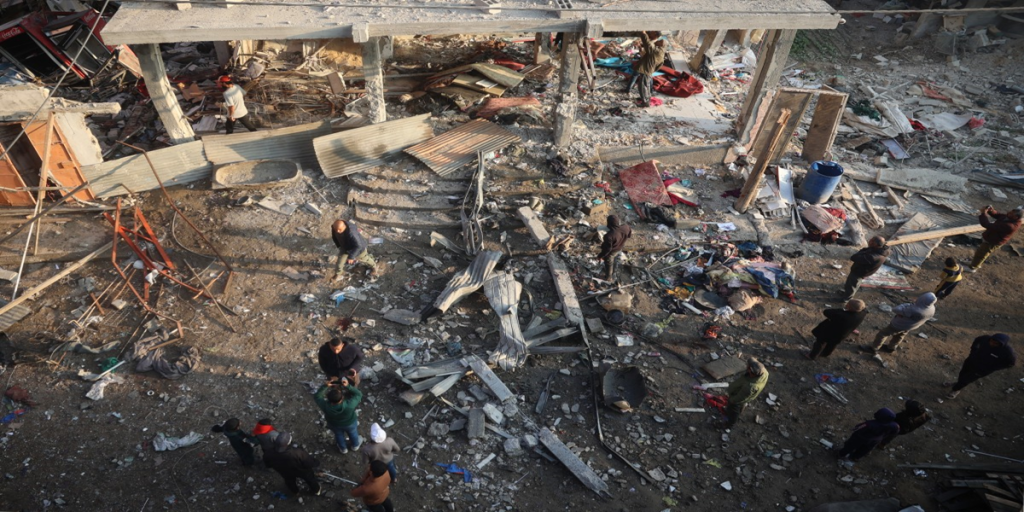US National Security Adviser Jake Sullivan has highlighted a shift in Hamas’s stance during ongoing negotiations for a Gaza ceasefire deal, attributing this change to a “different context.” Sullivan noted that recent developments, including the overthrow of Bashar al-Assad in Syria and the ceasefire between Israel and Hezbollah, have altered the dynamics in the region.

During a Thursday press conference at the Tel Aviv annex of the US embassy in Jerusalem, Sullivan expressed optimism following a meeting with Israeli Prime Minister Benjamin Netanyahu. He shared that Netanyahu appeared willing to finalize a deal involving a ceasefire and the release of hostages held in Gaza.
Sullivan stated that they are working to finalize a hostage release deal and a ceasefire in Gaza. Adding that it was time to bring all the hostages home,.
Momentum for a breakthrough has been building, with Qatar as a key mediator reporting progress in recent talks. However, critics of Netanyahu, both domestically and internationally, have accused him of delaying negotiations, while Israel continues to attribute delays to Hamas.
Sullivan emphasized that the changing regional landscape has influenced Hamas’s position. He pointed to the fall of Assad’s regime in Syria, a key ally, and the Lebanon ceasefire, which he described as a pivotal moment.
Several prominent Hamas leaders have been killed in recent months, including Yahya Sinwar in Gaza and Ismail Haniyeh in an explosion in Tehran. Sullivan remarked, “The power dynamics in the Middle East have changed dramatically, not in ways anticipated by Sinwar, Nasrallah, or Iran.”
He further noted that Hamas had previously relied on external allies and forces for support, but the Lebanon ceasefire effectively “decoupled” conflicts on Israel’s southern and northern borders. This decoupling, Sullivan said, has changed the nature of negotiations concerning Gaza.
Sullivan announced plans to travel to Qatar and Egypt, both long-standing mediators between Israel and Hamas, to push forward the discussions.
The Gaza war began after Hamas’s October 7, 2023, attack, which claimed the lives of 1,208 people, mostly civilians. Hamas militants abducted 251 hostages, with 96 still in Gaza, including 34 whom the Israeli military believes are dead.
Israel’s retaliatory offensive has caused at least 44,835 deaths in Gaza, primarily civilians, according to figures from Gaza’s Hamas-run health ministry, which the United Nations deems reliable.


